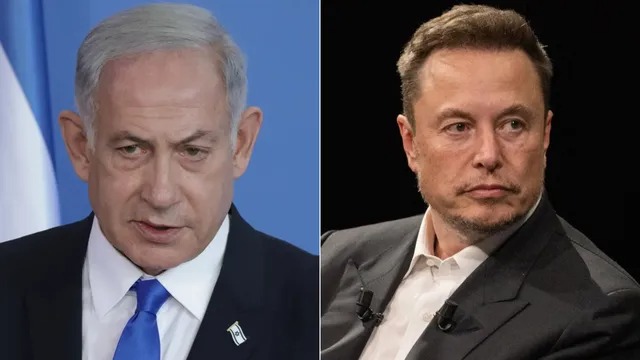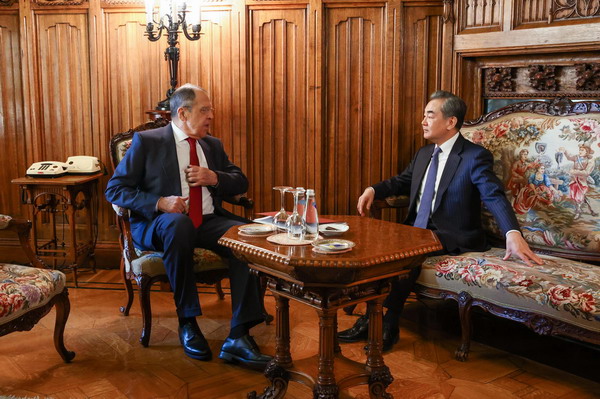Israel’s Prime Minister, Benjamin Netanyahu, took his concerns about the alarming rise of antisemitism on the social media platform X directly to its billionaire owner, Elon Musk. The meeting, which occurred in California on Monday, was initially intended to focus on technology and artificial intelligence but swiftly shifted its focus to the pressing issue of hate speech and the boundaries of free speech on the platform. Since Musk’s takeover of the platform in October 2022, X, formerly known as Twitter, has faced increasing criticism for its role in the proliferation of antisemitic content. This encounter marked a pivotal moment in the ongoing debate surrounding online free speech and the responsibilities of social media giants.
Addressing the Issue: Israeli Prime Minister Urges Action
During their face-to-face meeting, Netanyahu wasted no time addressing the pressing issue of antisemitism on X. He urged Musk to find effective ways, within the confines of the First Amendment, to curb the spread of hatred and discrimination on the platform. The Israeli leader had hoped to discuss the potential benefits and risks associated with artificial intelligence, emphasizing the need for leaders to harness these technologies for the betterment of society. However, the urgent matter of antisemitism demanded immediate attention.
Anti-Semitism Concerns Since Musk’s Takeover
Since Elon Musk’s acquisition of Twitter and its subsequent transformation into X, allegations of antisemitic content on the platform have been on the rise. Prominent organizations like the Anti-Defamation League (ADL) have squarely pointed fingers at Musk, blaming him for allowing the dissemination of hateful posts. Jonathan Greenblatt, the director of ADL, accused Musk of inadvertently amplifying the voices of neo-Nazis and white supremacists who advocate for the banning of the league. Musk, on his part, has stated his support for free speech but condemned antisemitism in any form. In a surprising move, he threatened legal action against the ADL for defamation, alleging that the group was attempting to “kill” the platform by falsely branding it and him as antisemitic. Musk also claimed that the ADL’s actions led to a substantial drop in X’s revenue.
Controversial Posts Targeting George Soros
Further complicating the matter, Elon Musk has used his platform to repeatedly post or amplify content that targets George Soros, the Hungarian-American businessman and philanthropist. Soros has long been the subject of conspiracy theories. The Israeli government, led by Netanyahu, has criticized Soros and his organization in the past and has defended Musk’s criticism of the billionaire. Israel’s Minister of Diaspora Affairs, Amichai Chikli, argued that criticizing Soros, who financially supports organizations seen as hostile to the Jewish people and the state of Israel, should not be considered antisemitism but rather a valid form of criticism.
The Platform’s Response
In response to Netanyahu’s concerns regarding antisemitism on X, Musk acknowledged the platform’s massive volume of daily posts, estimating between 100 million to 200 million. He conceded that within such a vast sea of content, some posts would inevitably be offensive. However, Musk reiterated X’s policy of not promoting or amplifying hate speech. Since Musk’s leadership, the platform has shifted its content moderation practices, opting to limit the visibility of objectionable posts rather than removing them altogether. Musk defended this approach as “freedom of speech, not freedom of reach.”
Finding the Balance
In closing remarks, Netanyahu acknowledged the complex challenge faced by social media platforms in balancing free speech with the need to prevent the spread of hate speech and discrimination. “I encourage you and urge you to find the balance,” Netanyahu implored Musk, recognizing the difficulty of the task at hand. The meeting concluded with a commitment to ongoing discussions regarding the responsible management of content on X, setting the stage for a critical dialogue on the future of free speech in the digital age.
















